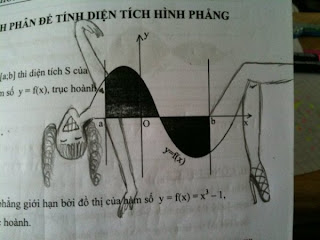An Essay on Indian Cow by a Candidate in IAS Exam
INDIAN COW He is the cow.The cow is a successful animal.Also he is 4 footed, and because he is female, he gives milks. He is same like God , sacred to Hindus and useful to man. But he has got four legs together. Two are forward and two are afterwards. His whole body can be utilised for use. More so the milk. Milk comes from 4 taps attached to his basement. What can it do? Various ghee,butter, cream, curd,why and the condensed milk and so forth. And he is also useful to cobbler, watermans and mankind generally. His motion is slow only because he is of lazy species, and also his gober is much useful to farmers, plants and trees and is used to make flat cakes, in hand and drying sun. Cow is the only animal that extricates after eating. Then afterwards she chew with his teeth whom are situated in the inside of the mouth. He is incessantly in hte meadows in the grass. His only attacking and defending organ is the horns, specially so when he is got child.This is done by knowing his hea



